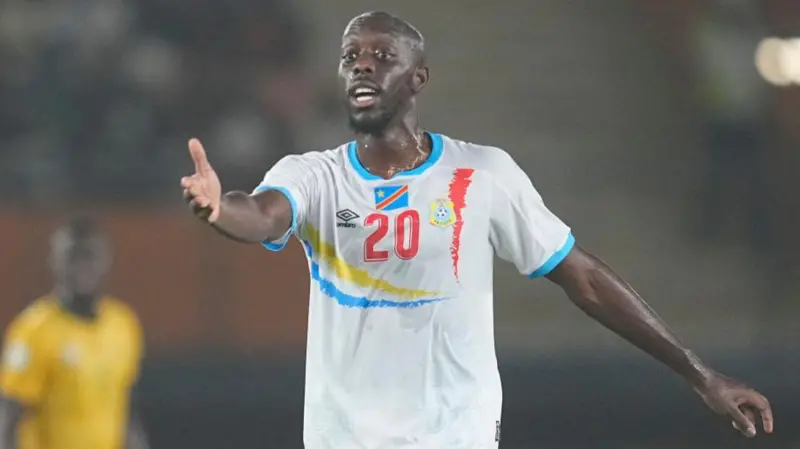
Gabriel Zakuani: The Ex-Peterborough Man Powering DR Congo’s World Cup Dream
How a former League One defender became the bridge between Europe and Africa for a new generation of Congolese stars
For most footballers, international identity seems straightforward — you play for the country of your birth, the nation that shaped your childhood and your early dreams. But in today’s globalised world, football’s bloodlines twist and stretch across continents, through family heritage, childhood migrations and dual citizenships. Few understand that complex web better than Gabriel Zakuani, the former Peterborough United and Leyton Orient defender who’s now helping shape the Democratic Republic of Congo’s footballing future.
Born in Kinshasa when the country was still called Zaire, Zakuani moved to England as a child. His own journey — from the chaos of central Africa to the English Football League — shaped not only his playing career but the mission that drives him today: reconnecting Europe’s football diaspora with their African roots.
Now, as a technical consultant for DR Congo’s national team, Zakuani is one of the key figures responsible for identifying and recruiting players of Congolese descent scattered across the globe. His job? To convince them that home isn’t just where you were born — it’s where your heart beats when the national anthem plays.
From Peterborough to Kinshasa: A football journey with purpose
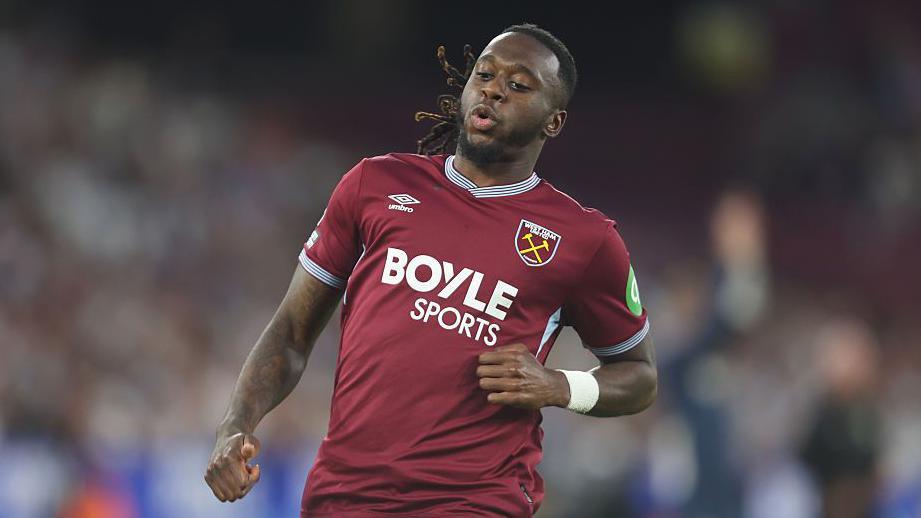
Zakuani says speaking to the players’ parents is often the key.
Zakuani, now 39, had a solid if unspectacular career in English football, turning out for Leyton Orient, Peterborough, and Gillingham among others before hanging up his boots in 2020. He also earned 30 caps for DR Congo — enough to understand the pride and the challenges of representing a nation that’s often struggled for stability both on and off the pitch.
In many ways, his current role began long before he retired.
“It probably started while I was still playing,” Zakuani told the BBC World Service. “I convinced Yannick Bolasie to come and play for Congo when he was flying at Crystal Palace and getting attention from England and France. I was doing it unofficially back then, but it’s always been there.”
That informal role — part talent scout, part diplomat — has since become a full-time mission. And with the Leopards now in the thick of World Cup qualifying, his influence could prove decisive.
The detective work behind international recruitment
For Zakuani, finding potential new Congolese internationals is less about spreadsheets and algorithms and more about old-school legwork.
“I wish I had a database,” he laughed. “It would make things a lot easier. Most of the time, I’m doing my own research. I’ll be watching a Premier League game, see a surname that sounds Congolese, and start digging.”
That detective work often leads to awkward conversations outside stadiums or in training grounds across Europe — informal chats with players, agents, and, crucially, families.
“The key is always the parents,” Zakuani explained. “You visit their homes, you share stories, you talk about football, politics, life. You connect as people first. Once the parents are comfortable, everything becomes easier with the player.”
It’s a process that’s already paid off handsomely. Premier League players like Aaron Wan-Bissaka and Yoane Wissa have both committed to DR Congo, while others — including Axel Tuanzebe — have been in talks.
Winning hearts, not just signatures
Recruiting a player isn’t just about convincing them to switch allegiance. It’s about helping them see what they represent.
For some, like Wan-Bissaka, the decision came after years of waiting for an England call that never quite materialised.
“I thought after his great season at Manchester United he’d be in the England squad,” Zakuani said. “When that didn’t happen, that was my opening. The same with Wissa — when France didn’t call, it gave us a chance.”
Wissa, born in France, joined DR Congo in 2020 and has since become a vital part of their attack. But his recruitment, Zakuani admits, “was one of the hardest.”
“Wissa was 50-50,” he recalled. “It took time. You can’t rush it. These players are proud of both cultures — the key is showing them that they can honour both.”
That personal touch is something Zakuani prides himself on. He doesn’t just call; he visits. He doesn’t pressure; he listens. It’s diplomacy, football-style — and it’s working.
A new era for the Leopards
The DR Congo national team looks very different from when Zakuani first pulled on the shirt in 2005.
“Back then, we all trained in our club kits,” he laughed. “I was wearing my Fulham gear, Lomana LuaLua had his Newcastle kit. We didn’t have the facilities or structure that the players have now.”
Today, the Leopards’ setup is unrecognisable. Modern training bases, full medical staff, and top-level facilities are now standard. That progress, Zakuani says, has made his recruitment efforts much easier.
“Players coming from Europe now see professionalism,” he said. “They see something that matches their level.”
And with more European-born players joining the setup, language and cultural barriers have also eased.
“Before, half the squad was local players who didn’t speak French or English. Now, most players speak two or three languages. I speak eight myself, so that helps a lot,” he smiled. “Communication is everything.”
The bigger picture: a continental movement
What DR Congo is doing isn’t unique — it’s part of a broader trend across African football. Countries are increasingly looking to their diaspora to strengthen their squads.
Algeria, Morocco, Tunisia, and Mali all have dedicated recruitment programs targeting players of heritage living abroad.
Morocco, for example, has built one of the most sophisticated scouting networks in Africa, with multiple scouts dedicated to finding young talent in Europe. Achraf Hakimi, now captain of Morocco and born in Spain, was approached when he was just 16.
Even smaller nations like Cape Verde have benefited from the same approach. Their first-ever World Cup qualification was built on diaspora talent, including Roberto Lopes, a Dubliner of Cape Verdean descent who was first contacted via LinkedIn — and almost ignored the message because he thought it was spam.
This global outreach has redefined African football. It’s no longer about simply finding players at home; it’s about uniting talent across oceans under one flag.
Reconnecting identity and pride
At its core, Zakuani’s work is about more than football. It’s about identity — a bridge between past and present, heritage and ambition.
When he meets young players in London, Paris, or Brussels, he isn’t just selling a football project. He’s offering a chance to belong to something bigger.
“Once the players and their families realise it’s not just about football — it’s about representing their people, their culture — that’s when it clicks,” he said.
With DR Congo facing Cameroon in a World Cup play-off semi-final, Zakuani’s influence may soon be tested on the biggest stage. But win or lose, his mission continues.
“I want to leave something behind,” he said. “Not just a good team — a connection. I want Congolese kids everywhere to feel proud of who they are.”
In an age when international football can feel like business, Gabriel Zakuani is helping it rediscover its soul — one conversation, one family, one dream at a time.

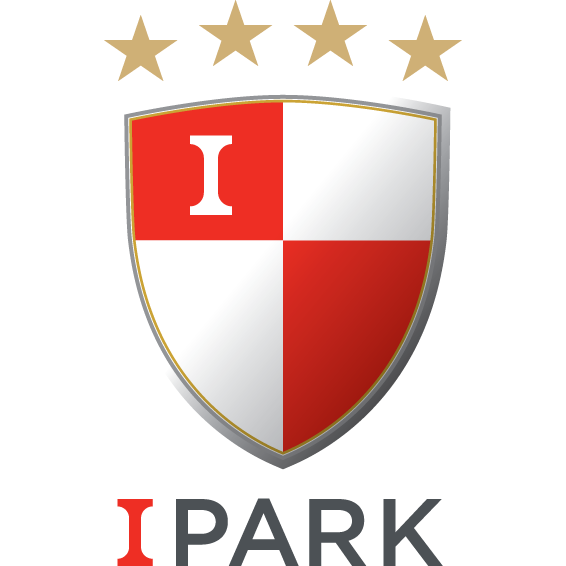
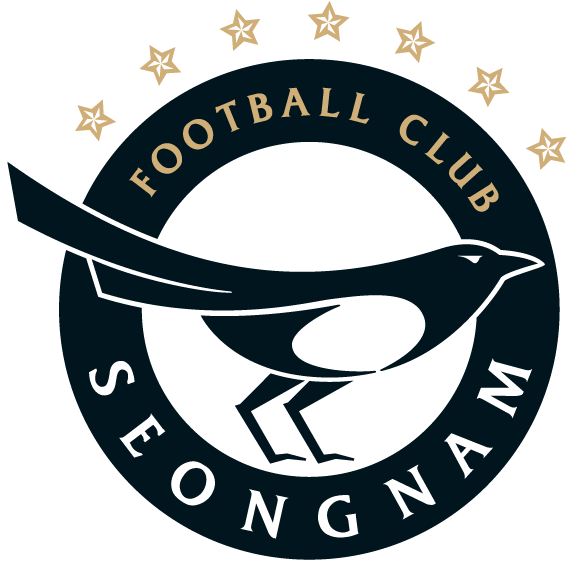
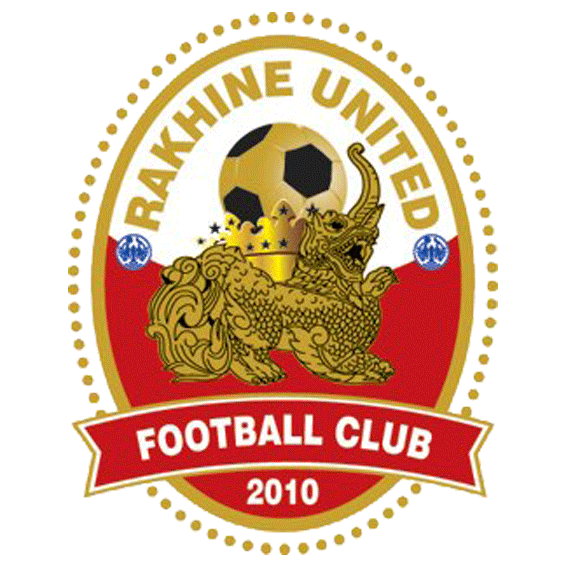
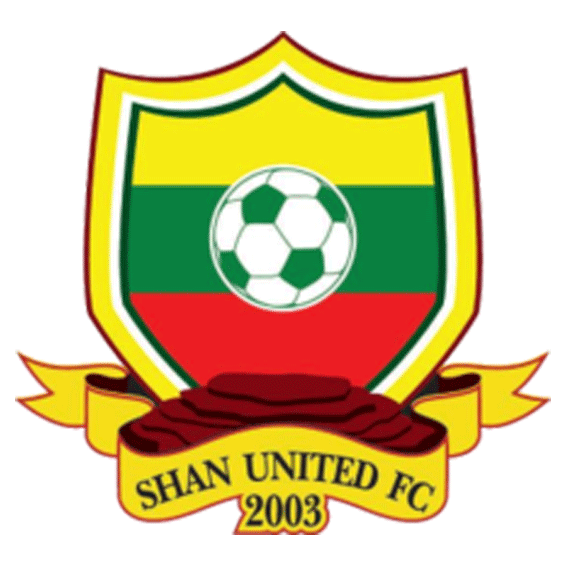























There are no comments yet. Be the first to comment!